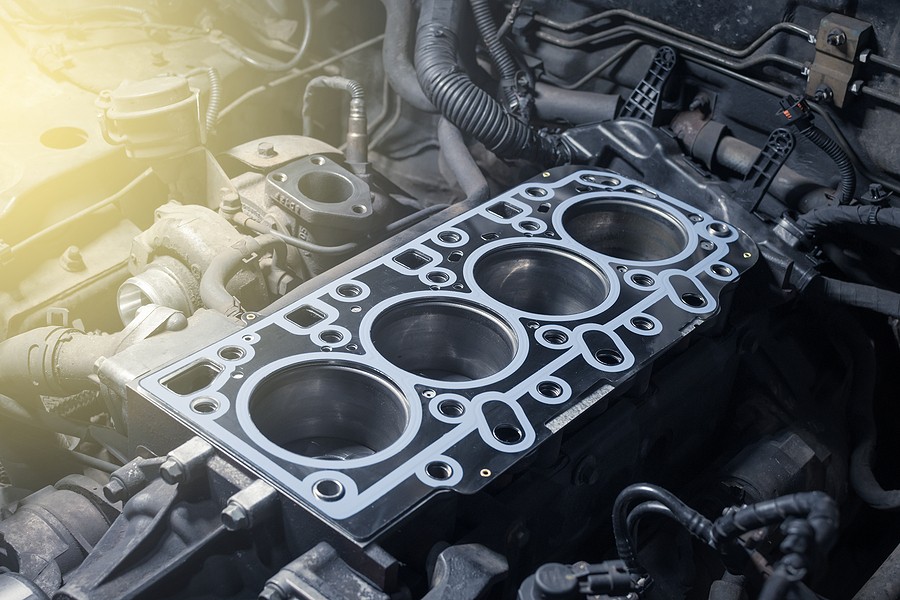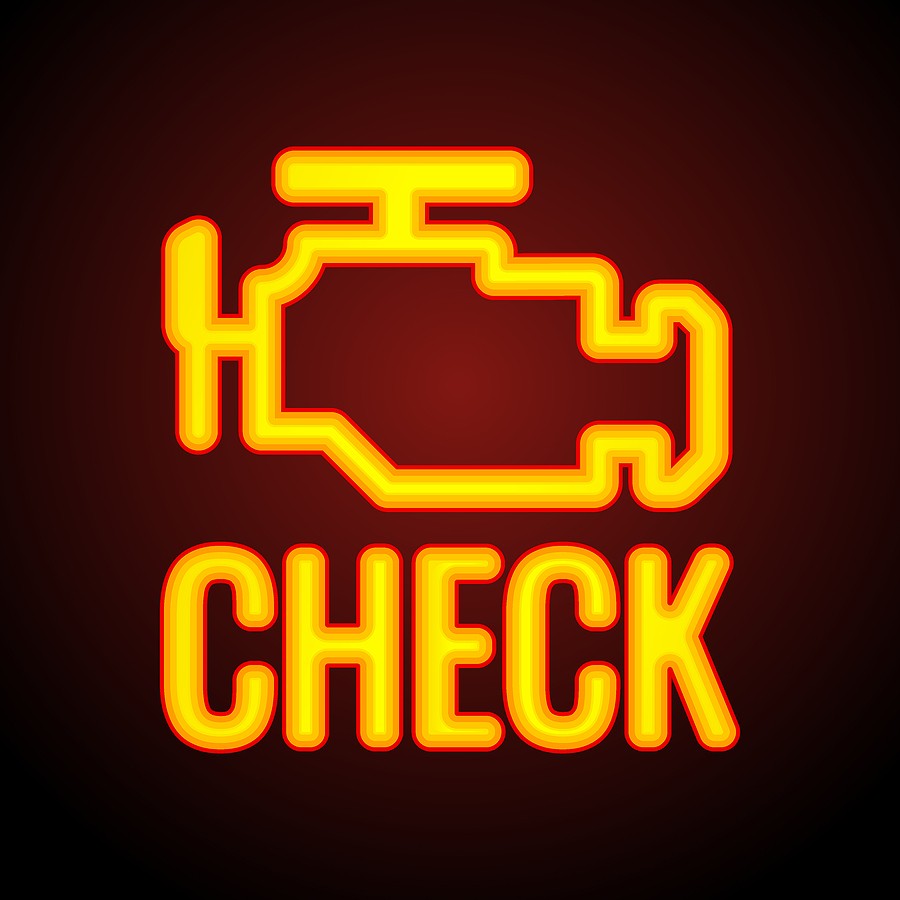If you have experienced engine knock at idle only, you know how frustrating and mysterious it can be. The engine seems to run smoothly at higher speeds, but as soon as you come to a stop, the knocking or pinging sound starts up again. In this article, we will explore the possible causes of engine knock at idle and how to troubleshoot and fix the problem.
What Causes Engine Knock At Idle Only?
There are several factors that can contribute to engine knock at idle, including:
- Incorrect fuel octane level: The fuel octane level refers to the fuel's ability to resist “knocking” or “pinging” during combustion. If the fuel has a lower octane rating than what is recommended for your vehicle's engine, it can lead to engine knock at idle.
- Carbon deposits: Over time, carbon deposits can build up on the pistons and cylinder walls of an engine. These deposits can cause the fuel to burn unevenly, leading to engine knock at idle.
- Spark timing: The spark timing refers to the timing of the spark plugs in relation to the engine's pistons. If the spark timing is off, it can cause the fuel to ignite at the wrong time, leading to engine knock at idle.
- Engine overheating: If the engine overheats, it can cause the fuel to ignite prematurely, leading to engine knock at idle.
- Damaged or worn engine components: If the engine has worn or damaged components, it can cause the fuel to burn unevenly and lead to engine knock at idle.
- Engine load: The load on the engine can also contribute to engine knock at idle. If the engine is under a heavy load, it can cause the fuel to ignite prematurely and lead to engine knock.
How to Troubleshoot Engine Knock At Idle
If you are experiencing engine knock at idle, there are several steps you can take to troubleshoot the problem:
- Check the fuel octane level: If the fuel octane level is too low, it can cause engine knock at idle. Be sure to use the fuel octane level that is recommended for your vehicle's engine.
- Check for carbon deposits: Carbon deposits can cause engine knock at idle. If you suspect that carbon deposits may be the cause of the issue, you can try using a fuel additive to help clean them out.
- Check the spark timing: If the spark timing is off, it can cause engine knock at idle. You can check the spark timing by consulting your vehicle's service manual or by taking it to a mechanic.
- Check for engine overheating: If the engine is overheating, it can cause engine knock at idle. Be sure to check the coolant level and the condition of the cooling system to ensure that the engine is not overheating.
- Check for damaged or worn engine components: If the engine has damaged or worn components, it can cause engine knock at idle. Consult a mechanic to determine if any components need to be replaced.
- Check the engine load: If the engine is under a heavy load, it can cause engine knock at idle. Consult a mechanic to determine if there is any issue with the engine load.

Preventing Engine Knock At Idle
There are several steps you can take to prevent engine knock at idle:
- Use the correct fuel octane level: Be sure to use the fuel octane level that is recommended for your vehicle's engine. Using a lower octane level can cause engine knock at idle.
- Keep the engine clean: Regularly maintaining your vehicle's engine and keeping it clean can help prevent carbon deposits from forming, which can cause engine knock at idle.
- Maintain the spark timing: Proper spark timing is essential for preventing engine knock at idle. Be sure to follow the recommended spark timing for your vehicle's engine.
- Keep the engine cool: Ensuring that the engine is running at the correct temperature can help prevent engine knock at idle. Make sure that the coolant level is maintained and the cooling system is in good condition.
- Regularly maintain and replace worn components: Regularly maintaining your vehicle's engine and replacing worn components can help prevent engine knock at idle. Be sure to follow the recommended maintenance schedule for your vehicle and consult a mechanic if you notice any issues.
- Reduce the engine load: If the engine is under a heavy load, it can cause engine knock at idle. Consult a mechanic to determine if there is any issue with the engine load and take steps to reduce it if necessary.

Conclusion
Engine knock at idle can be a frustrating and mysterious problem. However, by understanding the possible causes and taking steps to prevent it, you can keep your engine running smoothly and avoid damage. Be sure to use the correct fuel octane level, keep the engine clean and well-maintained, maintain the spark timing, keep the engine cool, and reduce the engine load to help prevent engine knock at idle.



